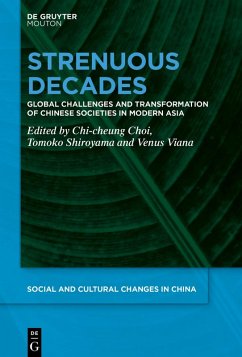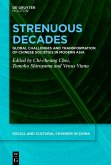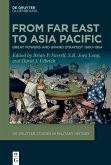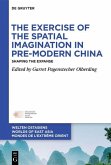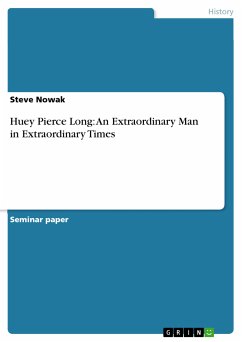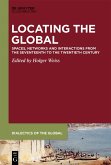Transnational studies focus on cross-border connections between people, institutions, commodities, and ideas, with an emphasis on their global presence. This book looks at the responses of different localities to the same global crisis. It gathers a selection of the fifty papers presented at the conference on "Coping with Transnational Crisis: Chinese Economic and Social Lives in East Asian Port Cities, 1850-1950," held in Hong Kong on June 7-11, 2016. The period from the 1850s to the outbreak of war in the Pacific in the late 1930s encompasses two major transnational crises with significant impacts on the Chinese population in Southeast Asian port cities in terms of their way of living and the construction of their identity: the emergence of bubonic plague in the 1880s and 1920s and the global economic crisis in the late 1920s and early 1930s. The authors discuss the social and economic lives in various South East Asian port cities where many residents had to cope with these transnational crises. They do so through examining institutional measurements, rituals and festivals, communication, knowledge and information exchange as well as identity (re)construction. In addition, they explore how local communities responded to knowledge and information between the port cities and cities as well as inland locations.
The chapters in this book offer solid grounds for future comparisons, not only based on a specific time or event but also on how society reacted over time, space, and various types of crises.
Dieser Download kann aus rechtlichen Gründen nur mit Rechnungsadresse in A, B, BG, CY, CZ, D, DK, EW, E, FIN, F, GR, HR, H, IRL, I, LT, L, LR, M, NL, PL, P, R, S, SLO, SK ausgeliefert werden.

